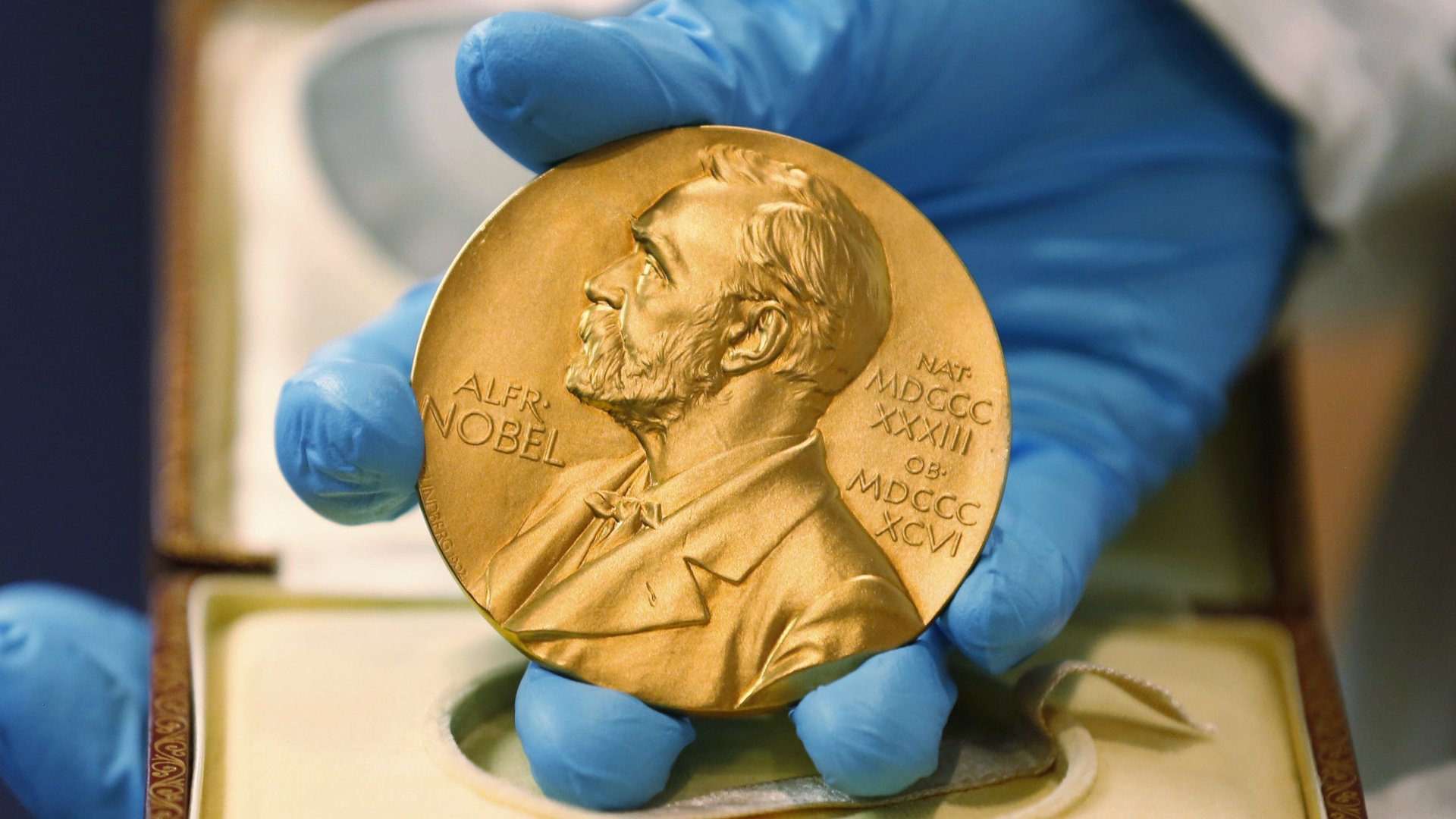The Chinese government is cranking up the nationalism after its Nobel win
Even more so than most Nobel Prize recipients, Tu Youyou’s victory can be hailed as a triumph of very many things—of Chinese women, of under-recognized scholars, of Chinese ingenuity.


Even more so than most Nobel Prize recipients, Tu Youyou’s victory can be hailed as a triumph of very many things—of Chinese women, of under-recognized scholars, of Chinese ingenuity.
And also, apparently, of China’s growing strength.
That’s according to premier Li Keqiang. Tu’s win “reflects our country’s comprehensive national power and the uninterrupted rise of China’s global influence,” wrote Li in a letter (link in Chinese) to the state’s regulatory organization for traditional medicine.
In a way, the Nobel honor is a double-whammy for the Chinese government’s nationalist agenda. China’s leaders have long wrung their hands about the nation’s lack of Nobel laureates—something Cong Cao, professor at the University of Nottingham, once called the “Nobel Prize complex” (pdf). To them, Tu’s top honor represents a step forward for the entire country.
On top of that, Li’s letter implies that the Nobel committee is also validating ”Traditional Chinese Medicine,” China’s state-backed system of medicine, and a $60-billion industry. Based on ancient Chinese wisdom, TCM has long been cast as an alternative to Western medicine. ”[The prize] embodies the enormous contributions of Traditional Chinese Medicine to human health,” wrote the premier.
Tu isolated the active anti-malarial ingredients in the drugs that she developing in a plant called qinghao. Her inspiration to extract the antimalarial substance came from the plant’s mention in a 4th-century medical text, hence Premier’s allusions to traditional medicine.
So does Tu’s award salute TCM?
No. Yanzhong Huang, global health fellow at the Council on Foreign Relations, points out that the Nobel committee explicitly honored Tu for her sophisticated extraction and development of the antimalarial ingredient, not her discovery of the qinghao plant itself. And not, therefore, traditional medicine.
“You can say it was indeed inspired by ancient writings,” says Huang. “But in terms of the method she used to develop the medicine, [Tu] drew upon modern means [of extraction and testing] that have nothing to do with Traditional Chinese Medicine.”
Plus, unlike the questionable therapeutic value of nearly all TCM, the antimalarial drugs Tu forged actually work.